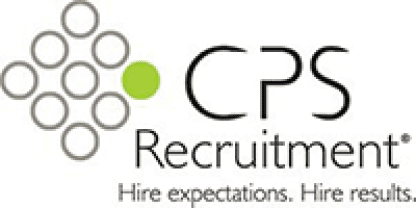You probably feel as though 2015 just started, but already the first quarter has drawn to a close. You may be asking: Is this a good time to assess employee performance?
Performance management is no longer a stand-alone, annual event that makes managers’ eyes roll and raises dread in terms of the time and effort involved. If your true goal is employee development and business improvement, then performance management should be based on year-round, ongoing dialogue. Focusing only on an annual, or even quarterly, appraisal can lead to misunderstanding, mistrust, lower productivity and higher attrition.
The Importance of Performance Management
With a well-planned performance management system, you can significantly enhance your current appraisal process. It takes an investment of time and resources on the front end, but is well worth it when it comes to long-term returns. The benefits include:
- Alignment of individual employee actions and behaviors with company strategic objectives.
- Visibility, clarity and accountability regarding performance expectations.
- Documentation of individual performance to support compensation and career planning decisions.
- Establishment of a focus for skills development and learning choices.
- Creation of documents that may be needed for legal purposes.
Recommended Practices
Many practices that support performance improvement also positively impact job satisfaction, employee retention and loyalty. Consider these recommended practices:
- Deliver regular, relevant job feedback.
- Set and clearly communicate expectations.
- Establish a pay-for-performance system.
- Identify employee career development paths.
- Evaluate performance and deliver incentives fairly and consistently.
- Recognize and reward top performers.
A Step-by-Step Process
When effectively implemented, performance management best practices result in a wide range of benefits for employees, managers and companies. To make your process successful, follow these steps:
- Define the purpose of each job, as well as related duties and responsibilities. Outline performance goals with measurable outcomes and set the standards for key tasks and job components.
- Hold regular conversations with employees and provide feedback on their performance. Keep it as positive and constructive as possible and make it happen daily, weekly, monthly and quarterly. Opportunities for broader feedback include a 360-degree system whereby an employee’s peers, customers and direct reports, as well as managers, play a role.
- Develop and administer coaching plans. For employees who are not meeting expectations and those who want to grow their careers within your corporate walls, offer coaching and other appropriate guidance and direction. Schedule performance development planning meetings as needed. If a performance improvement plan is required, follow up and act upon feedback at designated and appropriate times.
Forward-thinking employers are taking steps to address the traditionally negative view of performance appraisals with innovative solutions that ensure the process is more user-friendly and delivers real results. The Contemporary Personnel Staffing & Professionals Incorporated team of experts can help you achieve this goal. To learn more, contact us 315-457-2500 or sales@cpsprofessionals.com today.


